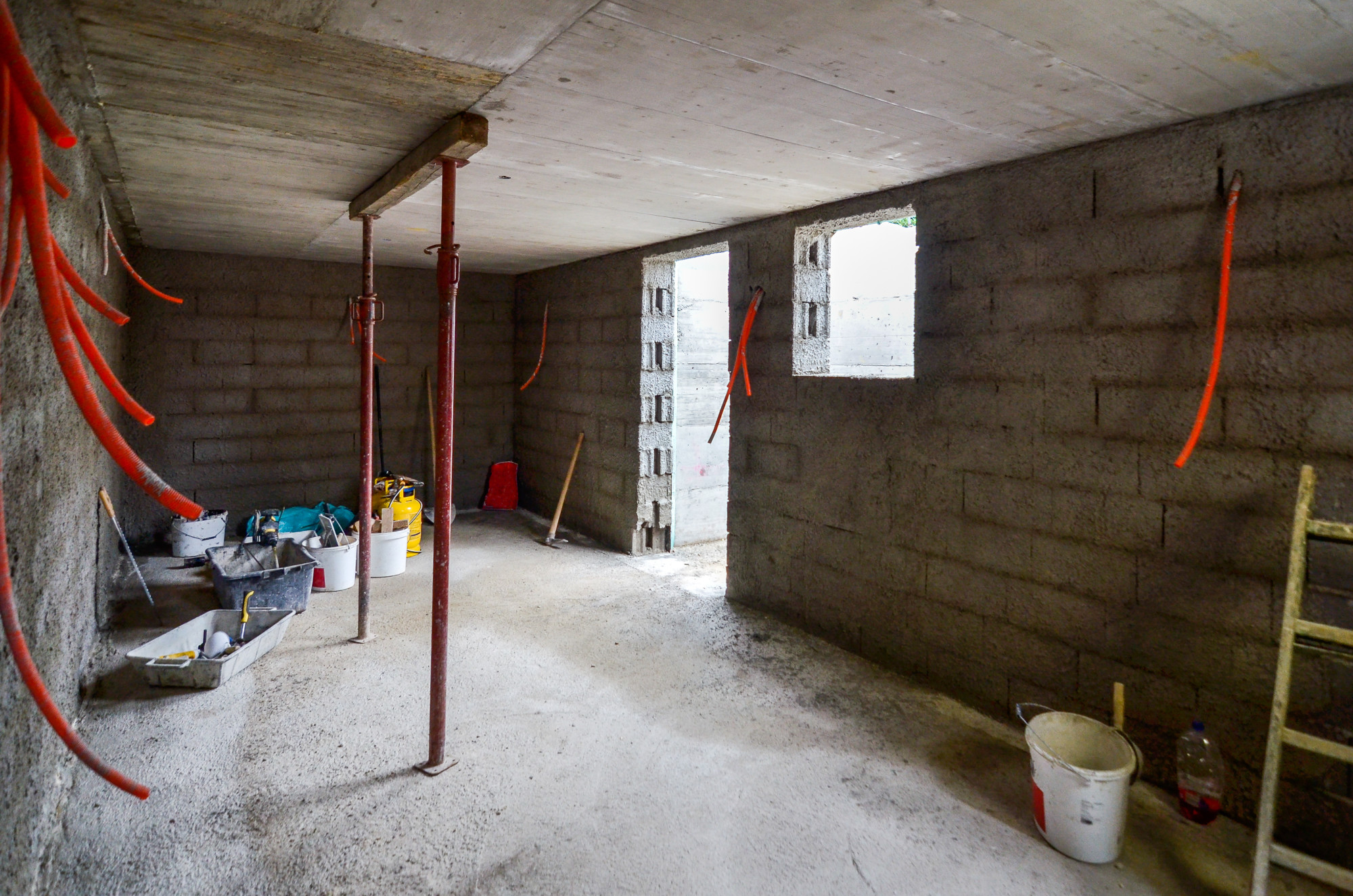
Water leaks in your basement can happen in many ways. After all, many of your home’s pipes, built and installed almost 30 years ago, are now aging and in need of costly repairs.
Securing a proactive basement water leak detection system can help you avoid a potential disaster.
Even so, there are several signs that you can use to try and detect a leaky basement on your own.
Looking for a helpful, useful guide on sticky basement leaks? A basic, yet incredibly useful and important guide is what you’re looking for!
Keep reading for the basics!
Table of Contents
1. Water on the Floor
The most obvious sign of a leak is water on the floor, which can pool near cracks or other openings.
If you notice water seeping through the cracks in your basement walls or floor, it’s time to take action.
2. Stains on Walls or Floors
Look for any water stains on your basement walls or ceiling.
These can be brown, yellow, or greenish in color, and are usually a sign of a long-term leak. It’s a good indication that water is seeping in from somewhere.
This can be caused by roof runoff spillage or surface runoff problems. Applying waterproof treatment on the walls and fixing the source of water infiltration is very important to prevent basement leaks and further damage.
Click https://www.thewaterproofgroup.com/basement-waterproofing/ for more basement waterproofing services.
3. Musty Odors Caused by Mold Growth
Mold is nature’s warning that something is spoiled. A musty smell in your basement is a sign that water is present.
This is often caused by mold or mildew. Mold can produce irritants, allergens, and toxins that can cause a variety of health problems and can be dangerous to your health.
If you have a wet or damp basement, it’s important to take action to prevent further basement leakage and resulting mold and mildew growth.
4. Higher than Normal Utility Bills
When your water bill skyrockets, it is certain that you have a water leak. The cause might be one of the underground pipes feeding water from your connection to your home may have a crack or lose joint.
When the leak is in your irrigation line or your lateral line water supply pipe, it will be indicated in the amount of extra water consumption noted on your utility bill.
5. Cracks in Foundation or Walls
Once the concrete is poured, it will crack. This naturally happens in the drying process due to shrinkage.
Small cracks may not seem like a big deal, but they can provide a pathway for water to enter your home. If there is staining around the cracks this could also be a source of leakage.
Consider Repair of Basement Leak
If you are experiencing any of the aforementioned signs, it is best to call a professional to come and inspect your basement for leaks. Left unaddressed, basement leaks can cause extensive water damage to your home which can be both costly to repair and pose serious health risks.
Found this article helpful? Bookmark our site now and come back for more insights and valuable information!